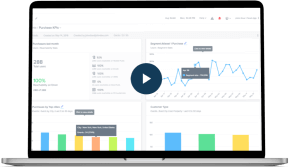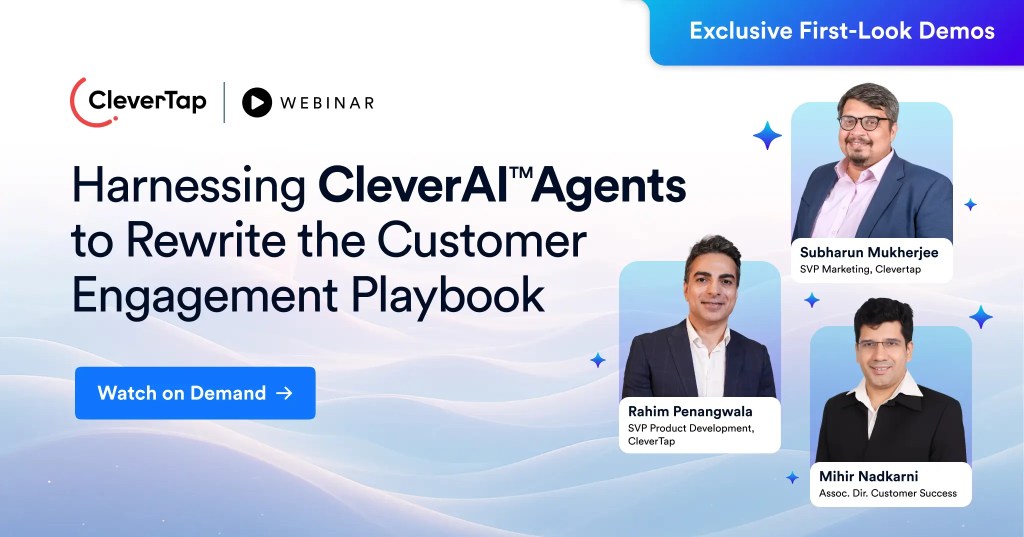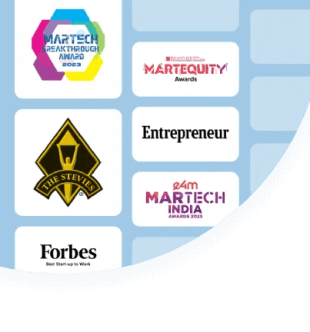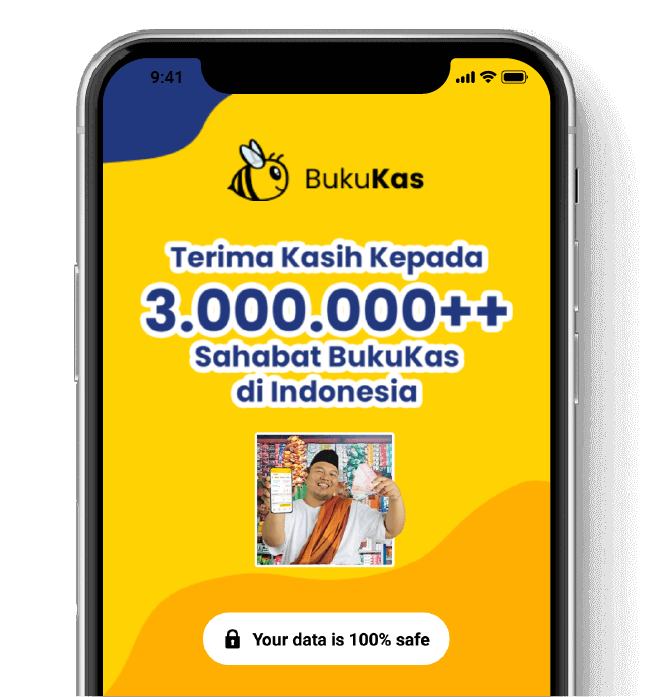
The BukuKas Story
Launched in December 2019, BukuKas is an SME digitization startup assisting small businesses with cash management and other key areas of their daily life. Founded by Lorenzo Peracchione and Krishnan Menon, the company aims to help millions of Indonesian small and micro-businesses run their companies better and grow by using simple software solutions.
Their primary product, the BukuKas app, is a digital ledger that replaces the physical books that more than 90% of small businesses typically use to track sales, expenses, and credits. Over time, the app has grown to support merchants in inventory management and analytics as well. The company is planning to expand the range of services offered to their merchants to encompass digital payment and social commerce enablement, with the vision to create an end-to-end software stack for small merchants. As of January 2020, BukuKas serves close to 2 million monthly active users (MAUs) and has raised a total of $22 million to date.
Challenges
-
 Reducing the Total Cost of Ownership (TCO)
Reducing the Total Cost of Ownership (TCO) -
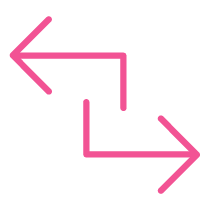 Automating Customer Engagement
Automating Customer Engagement -
 Educating Users About Product Features
Educating Users About Product Features
Reducing the Total Cost of Ownership (TCO)
As an early-stage startup, it was critical for BukuKas to have an integrated solution that combined product analytics, A/B testing, and CRM in one platform. This would save both time and money integrating and maintaining separate point solutions.
Automating Customer Engagement
Creating trigger-based journeys and identifying user actions that contribute to increased engagement is another critical challenge. To create personalized engagement campaigns for users throughout the customer journey, the team needed an automated communication strategy.
Educating Users About Product Features
Since BukuKas users are mainly merchants who previously relied on physical ledgers for bookkeeping, educating users on how the app differs from — and is superior to — their previous method is critical to driving adoption. Just as important is increasing the use of existing features and promoting new features so that users understand the value of each feature. This reduces friction and helps increase app stickiness over time.
Solution
BukuKas needed a complete engagement toolkit that provided real-time analytics along with automated, predictive segmentation. They chose CleverTap over other engagement solutions because it provides all of these features in a single platform.
Retention and app stickiness are critical metrics for BukuKas. The team monitors retention at a very granular level across different stages of the customer lifecycle. In the initial stages, the retention funnel is about having a simple onboarding experience and minimal friction. As the merchants become more familiar with the app, it shifts towards delivering incremental value in terms of features and solutions.
An indicator of whether the app is adding value to users’ lives is how frequently they use the app. Those who use the app daily or weekly are obviously their most engaged users with the highest retention rates. When it comes to growth, the team analyzes how their retained user base grows over time and the level of engagement within each cohort. This lets them be proactive if a particular cohort’s engagement appears to be waning.
Funnels to Understand User Navigation
The company breaks the user flow and the product into different conversion funnels based on different stages of the customer lifecycle. For example, an onboarding funnel focuses on users from their first app launch until they complete their first few transactions.
They have also created funnels that are specific to individual product features. For instance, they have funnels for users to create their first SKUs and update product quantities. Each feature has its own funnel where conversion and stickiness get measured at a granular level.
At a broader level, funnels are used to monitor the general health of user flows and understand if their product and marketing initiatives impact funnel conversions.
Product Experiences to Optimize the App Experience
With product experiences, the team can easily A/B test UI/UX variations to improve the user experience. Additionally, feature flags enable them to build and iterate on products faster and launch new features without having to do full-fledged app releases. This increases the chance of success for a new feature by testing it with a limited set of users, modifying it based on feedback, and eventually rolling it out to all users.
Cohort Analysis to Compare Different User Groups
Retention is an important indicator of whether they are attracting the right users and delivering value. Using cohort analysis at a high level, they monitor customer acquisition across time periods and channels. This helps gauge if a channel is useful in acquiring quality customers.
Additionally, cohort analysis helps them understand if certain features released to specific audiences drive better results. Cohort analysis is also used to test long-term hypotheses on user retention. It helps separate growth metrics from engagement metrics in order to gain a comprehensive snapshot of user activity.
Recency, Frequency, and Monetary Analysis (RFM) to Monitor Health of the User Base
RFM analysis helps the team identify at-risk, hibernating, and about-to-churn segments, as well as gain insights into why users churn. For example, many users uninstalled because they ran inventory on another app. This knowledge prompted BukuKas to develop inventory features, facilitating reactivation of churned users.
Analyzing segments also helps the team assess where their users stand in the customer lifecycle and then target those users with relevant, personalized communications.
The BukuKas app is programmed so it doesn’t appear the same for every user. Certain features are progressively revealed as the user matures and becomes more familiar with the functionalities of the app. Analyzing various segments of users helps them determine which features are most relevant to reveal — and to which users.
Results
CleverTap’s engagement features have helped BukuKas improve both its onboarding funnel and initial retention rates. It does this by helping users learn how to use the app’s most valuable features and also discover unused ones. The onboarding funnel helped them improve conversion rates by 60% over 6 months.
What’s next?
For BukuKas, managing to serve close to 2 million MAUs in a year is a testament to the strong demands for simple software solutions that help merchants run their businesses. Refining the implementation of the A/B testing feature is a primary focus for them moving forward. The team is working to expand its offering in the areas of digital payments,analytics and social commerce enablement to create an end-to-end software stack for small merchants. We’re proud to partner with BukuKas and look forward to them emerging as leaders in the SME digitization space in Indonesia.
